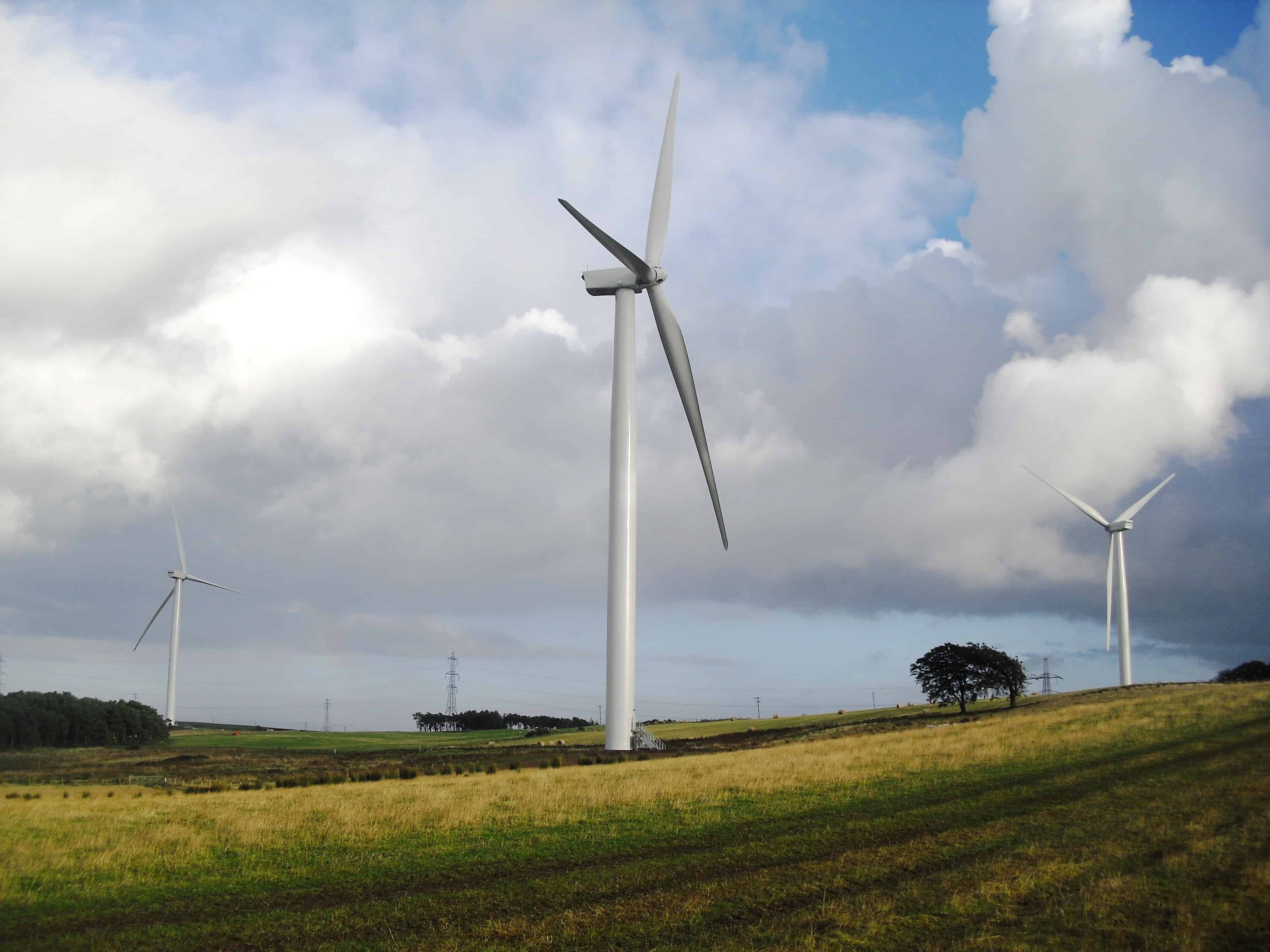Support for renewable energy projects is confirmed: what does this mean for wind power?
After the European Commission (EC) approved the support scheme for the development of renewable energy projects in Lithuania, the implementation of the National Energy Independence Strategy is moving forward. It is confirmed that Lithuania will be able to allocate EUR 385 million to clean energy producers. The Lithuanian Wind Power Association (LVEA) sees this step as a new driver for the further wind energy development in Lithuania.
According to LVEA Executive Director Aistis Radavičius, this EC approval means that the Lithuanian National Energy Independence Strategy adopted last year will be implemented according to the plan. “This is a clear signal to the developers of renewable energy, including wind, that the Lithuanian market is stable and growing. A timetable and quotas have also been approved – the first auction should take place in autumn, when producers will compete for 300 GWh. This is particularly important for investors who are deliberating where to start new projects,” says Mr. Radavičius.
According to him, the success of the auctions and the number of participants will depend on whether the responsible authorities will be able to set a reasonable maximum and reference price of electricity for the auctions. It is also important to prepare the auction rules properly so they would be clear for the project developers.
The first technologically neutral auction of a similar nature, for which the winners are paid a premium to the market price, has already taken place in Finland. Although all renewable energy technologies could place bids in the auction, only applications for wind energy projects were submitted and won by the developers. According to Mr. Radavičius, similar results can be expected in Lithuania. It is estimated that after the first 300 GWh auction about 85 MW of wind turbine power can be installed. A quota of 700 GWh is planned for the next year which could mean another 200 MW of new wind parks could be installed.
“The scheme will help Lithuania move to a low-carbon and ecologically sustainable energy supply, in order to meet the environmental objectives of the European Union and in compliance with state aid rules,” Margrethe Vestager, Member of the EC responsible for Competition, is quoted in the report. The EC has found that the solutions proposed by Lithuania have an incentive effect, are proportionate and in line with EU state aid rules as they do not distort competitive market conditions.
The main objective of this scheme is to achieve a share of renewable energy in Lithuania of at least 38 percent by 2025. The measures will be applicable until 1 July 2025 or, aternatively, until the target is reached, the EC report states.
Post a comment
You must be logged in to post a comment.


